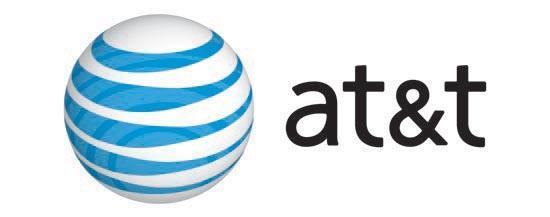
Yowza. Earlier this week the FCC confirmed that it'd allow AT&T to withdraw its application for approval of the T-Mobile acquisition, but the agency added that it still has several concerns about the merger, like its belief that AT&T will likely upgrade its entire HSPA+ network to LTE regardless of whether or not the buyout is approved. The FCC also decided to make its 100-plus page report on the deal available to the public, and today AT&T has taken the time to give a rather strongly-worded response to the entire thing. The rebuttal is a long one and we don't want to spoil the entire thing for you, but we will mention some of the highlights in bullet-point form:
- AT&T describes the FCC's claim that the carrier will build out an LTE network to 97 percent of the country whether or not the T-Mobile deal goes through as "based purely on speculation." The FCC believes that competition will force AT&T to do so. AT&T's argument: "the report apparently assumes a high enough level of competition exists in rural areas to compel billions of dollars in investment." "Yet the report elsewhere argues that the level of wireless competition in more populated areas of America is so fragile that the merger must be disallowed," AT&T adds. "At the very least, these conclusions show a logical inconsistency."
- AT&T says that the report discounts the capital needed to build out an LTE network that covers 97 percent of the country and speculates that T-Mobile will invest in LTE heavily in the future, despite claims from Deutsche Telekom alleging that T-Mobile must become a "self-funding platform" because of high capital demands in Europe. AT&T also claims that T-Mobile has no clear path to LTE, saying that making the move to LTE is becoming increasingly difficult due to the increasing demand for data from customers and the fact that the competing carriers are rapidly building out LTE networks of their own.
- AT&T says that the FCC report "barely mentions any spectrum issue, much less the spectrum crises previously identified by the FCC." The carrier adds that it believes the FCC is ignoring reports from both AT&T and T-Mobile showing their need for spectrum, despite the fact that both entities have submitted evidence of their capacity constraints.
- Lastly, AT&T touches on competition. AT&T explains that since the FCC has decided not to consider the impact of the T-Mobile deal on local markets, it's ignoring carriers like MetroPCS and U.S. Cellular, "all of which have a higher market share than T-Mobile in numerous major markets across the U.S." AT&T adds that it doesn't believe the FCC's claims that T-Mobile is a "disruptive force" in the market because Magenta has been losing customers for the past two years and has no clear path to LTE.
AT&T ends its response by claiming that there's an "utter absence of balance" in the FCC report and that it "lacks all credibility," wrapping up one of the more interesting company statements that we've ever seen. Judging by the length of this response as well as the way it's worded, it's obvious that AT&T is still very interested in fighting for its acquisition of T-Mobile. We've also heard that AT&T may be willing to go through with a T-Mobile asset sale in order to try and get a federal stamp of approval on the merger, which goes to show how committed AT&T is to getting the deal done. We're still kind of far off from actually learning whether or not that'll happen, but it definitely looks like things are starting to heat up. The full response from AT&T can be found at the source link below.
Via TmoNews, AT&T
